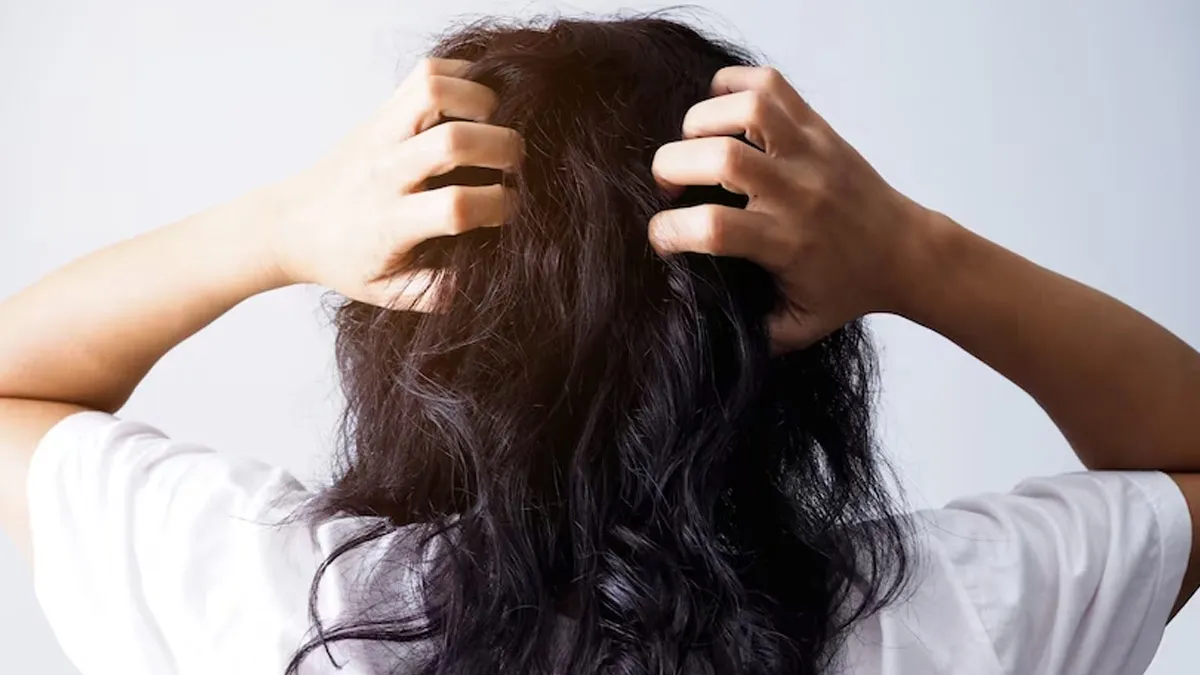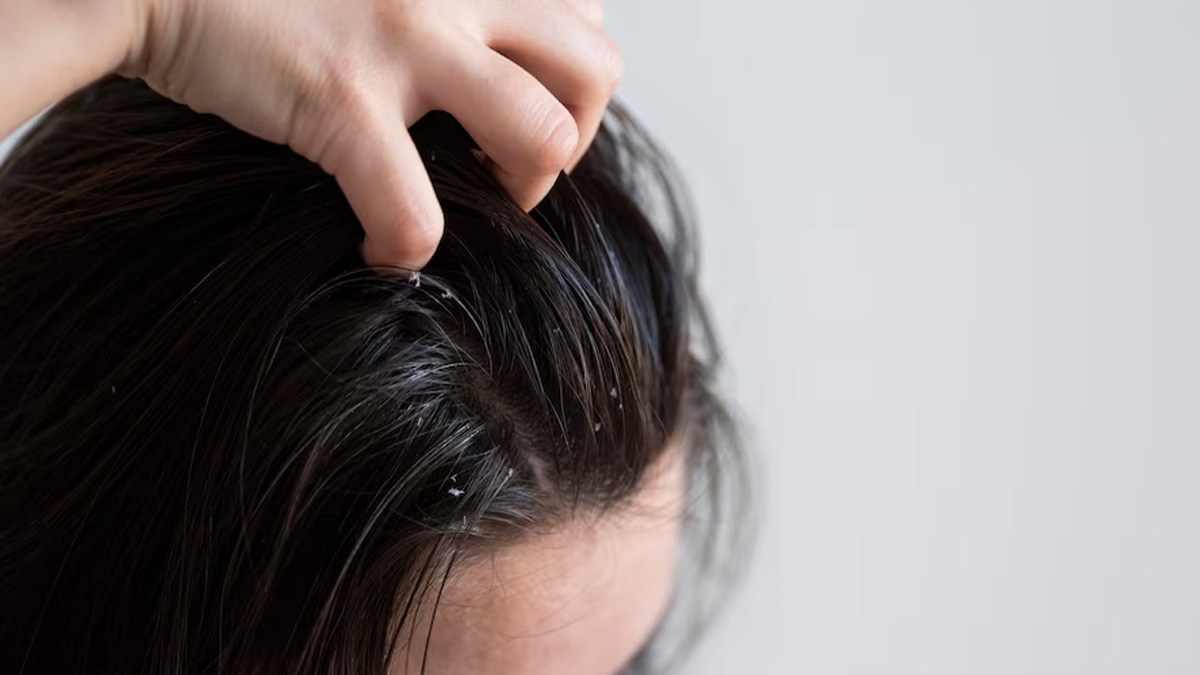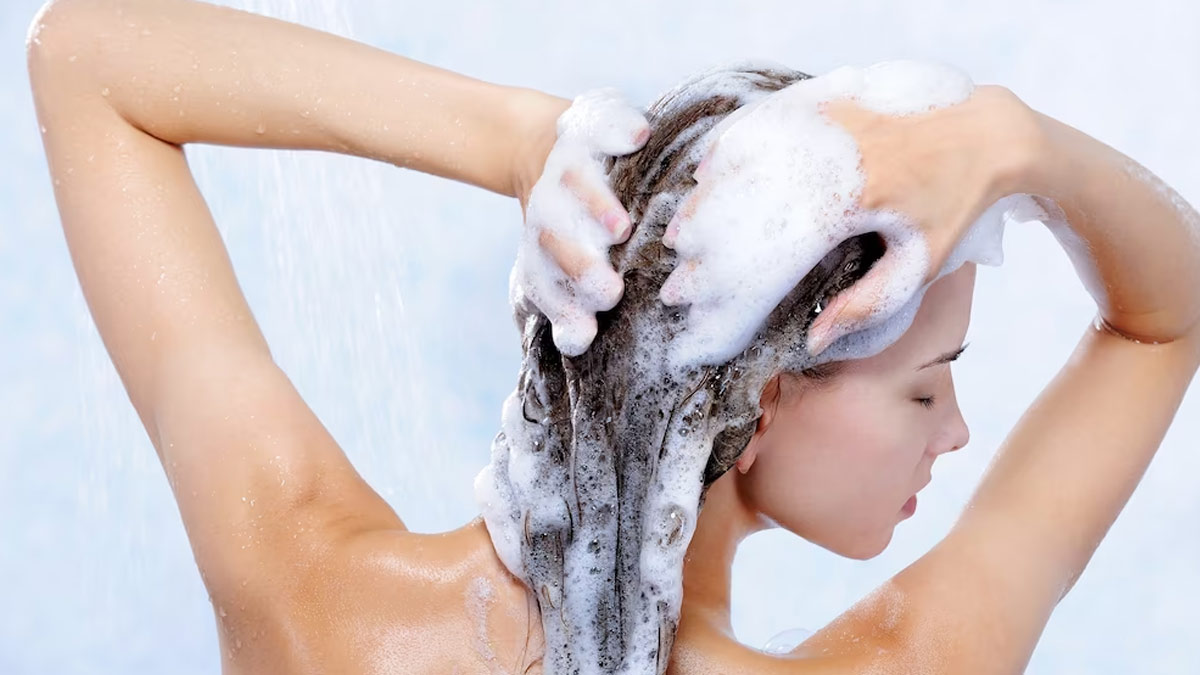
Has it ever happened to you that right after you washed your hair, it smelled and felt great, but the next morning you woke up to a smelly scalp? Well, you are not alone; lots of people have stinky hair or scalp despite washing it, and though it may be embarrassing or puzzling, it's often due to some ordinary and solvable causes.
Table of Content:-
Causes of Hair Smelling After Washing
So we reached out to our expert, Dr Kriti Lohia, CEO & Consultant Dermatologist, MBBS, DDVL, DABRM, Aesthetics Redefined by Cocoona Clinic - Gurgaon, who explained why your hair stinks the next day after you wash it. Here is what she shared with us.
1. Overactive Scalp Glands and Sweat Accumulation
Your scalp contains sebaceous (oil) glands that normally produce sebum to keep your hair healthy and moisturised. But when your scalp creates excessive oil, it can trap the sweat, dirt, and dead skin cells, causing unpleasant odours. When this oil combines with bacteria or fungi normally found on the scalp, it creates a sour or musty odour.
“If you exercise regularly, sweat excessively, or live in a humid environment, this problem can occur more often. Even if you shampoo daily, the sweat and oils can return quickly, particularly if your shampoo doesn’t fully cleanse or balance your scalp’s microbiome,” Dr Lohia highlighted.
Also Read: Can Pregnant Women Fast for 36 Hours During Chhath Puja? We Asked An Expert

2. Product Buildup
The smooth, shiny finish that leave-in conditioner or styling serum gives can have a cost. Dry shampoo, hairspray, and oils can build up on your scalp over time and become trapped, locking in bacteria and toxins. The buildup clogs up hair follicles and causes your hair not to be properly cleaned, even after washing.
To fight back against it, shampoo once a week with a clarifying shampoo or change to sulphate-free shampoos that clean thoroughly without drying the hair out. A scalp brush or a scrub will also be able to remove stubborn residue and revitalise your scalp.
3. Fungal or Bacterial Overgrowth
One of the most frequent causes of an odorous scalp is Malassezia, a fungus-like yeast that inhabits the skin. When it overacts, it can produce dandruff, itching, and sour or oily stench. Likewise, overgrowth of bacteria can form a sweaty or wet dog odour.
This may occur as a result of infrequent washing, dirty pillowcases or combs, or sharing hairbrushes. Antifungal shampoos with ketoconazole or zinc pyrithione may help to rebalance the scalp. If symptoms linger, it's advisable to consult a dermatologist.
Also Read: How To Deal With Borderline Personality Disorder? Find Out Here

4. Environmental Factors and Pollution
“If you reside in a city or a pollution-prone area, your hair can pick up odours, smoke, and particulates from the atmosphere. They may stick to your hair, giving it a stale odour despite a wash,” Dr Lohia shared.
She also added that wearing a hat or scarf when you go out and washing your hair with fresh water afterwards may work. Alternatively, you can apply antioxidant-based hair masks or serums that guard your hair against environmental harm.
5. Poor Drying Habits
Dr Lohia also said that occasionally, the offender can be as harmless as failing to dry your hair. Wet hair and scalp provide the ideal conditions for fungal and bacterial growth. If you pony your hair up or go to bed with your hair still damp, the moisture becomes trapped, and the end is a rather smelly one come morning.
Always wash your scalp and hair thoroughly before styling or sleeping. If you have curly or thick hair, towel-dry gently and then use a cool blow-dry setting to prevent heat damage.
6. Diet and Hormonal Changes
Hormones and diet also affect the way the scalp smells. Certain foods, such as garlic, onion, or spicy foods, cause body odour, including scalp odour. Hormonal fluctuations, during puberty, menstruation, or stress, can lead to excess oil production, which makes the odour in the scalp worse. Taking a balanced diet and drinking plenty of water may reduce these effects.
7. Underlying Scalp Conditions
In a few instances, one may have a constant odour that could be associated with medical conditions such as seborrheic dermatitis, psoriasis, or infection. These might result in scaling, itching, or redness accompanied by odour. If home treatment and changes in hygiene fail, see a dermatologist for diagnosis and management.
Bottomline
If your recently washed hair reeks of odour the following day, then the offender might be excess oil, product accumulation, fungi, or even the way you dry your locks. With proper scalp treatment and shampooing routines, you can regain freshness and self-assurance.
Also watch this video
FAQ
1. Why is my hair stinky despite shampooing?
It's typically because of too much oil, product accumulation, or fungal growth that wasn't completely washed off when you showered.2. How do I get my scalp smelling fresh for longer?
Get a clarifying shampoo once a week, dry your hair thoroughly, and take care of the scalp by cleaning brushes and pillowcases regularly.3. When do I need to visit a dermatologist for a smelly scalp?
If the smell continues even with good cleanliness or is coupled with itching, dandruff, or redness, seek a dermatologist's advice for the right treatment.
How we keep this article up to date:
We work with experts and keep a close eye on the latest in health and wellness. Whenever there is a new research or helpful information, we update our articles with accurate and useful advice.
Current Version
Oct 24, 2025 21:11 IST
Published By : Tanya Srivastava